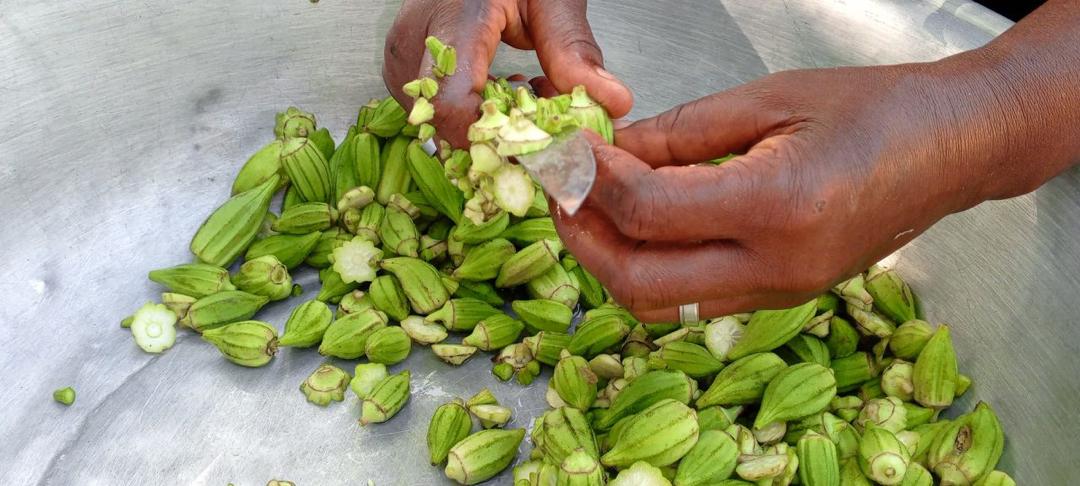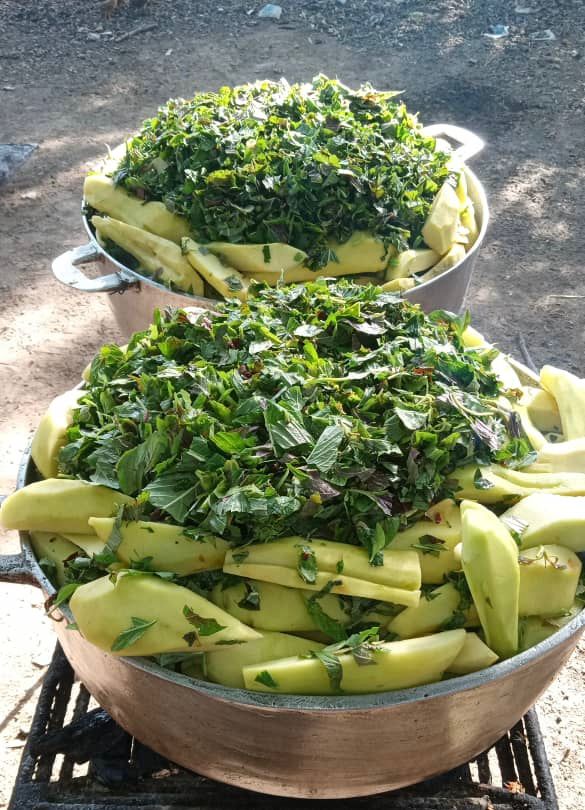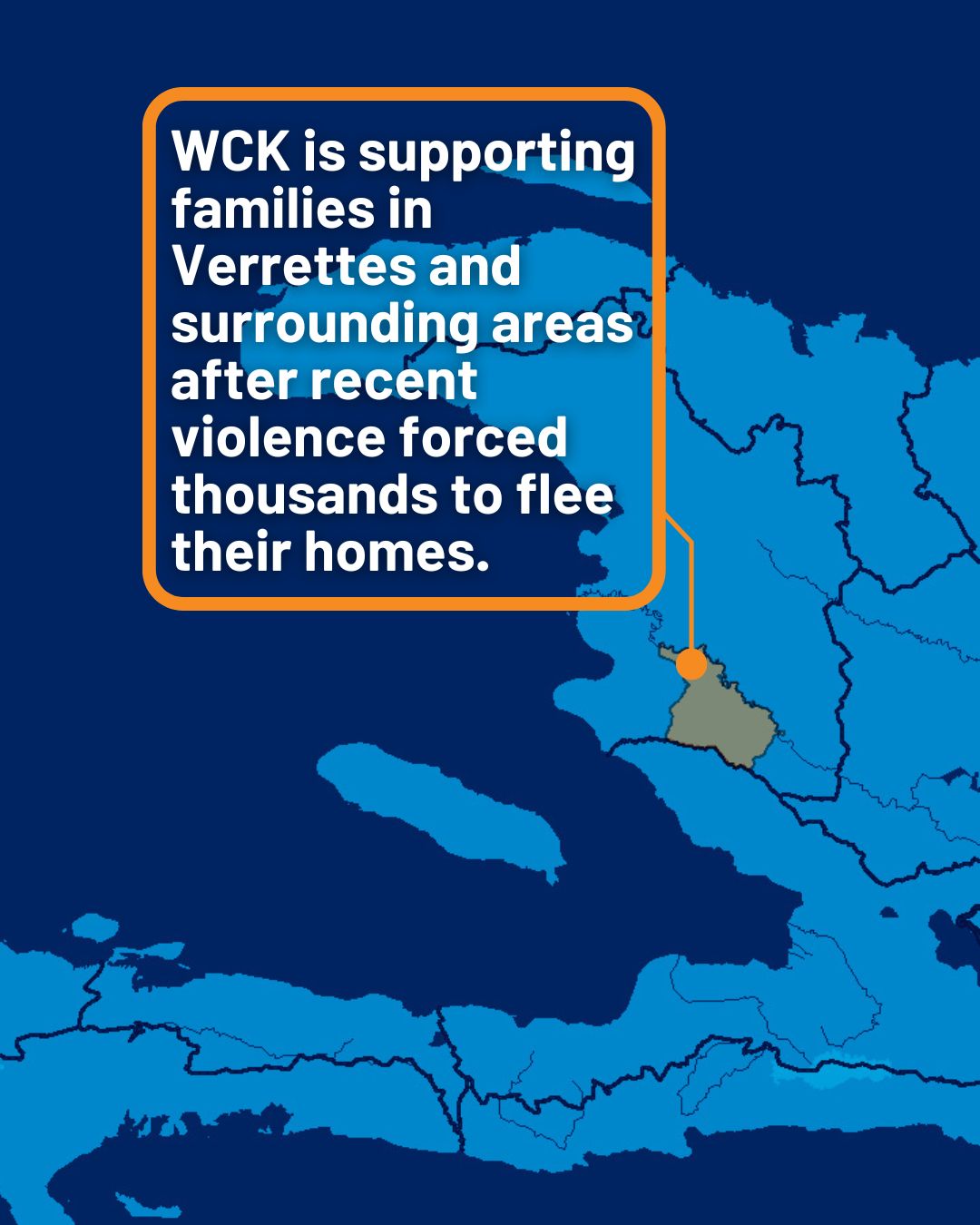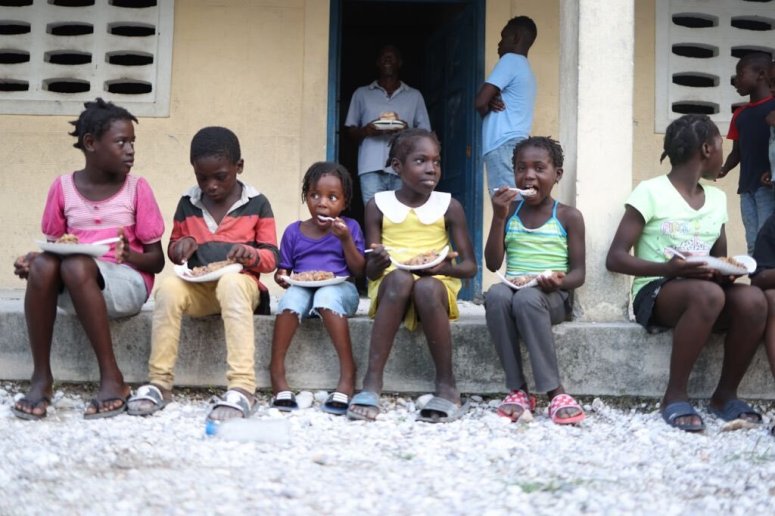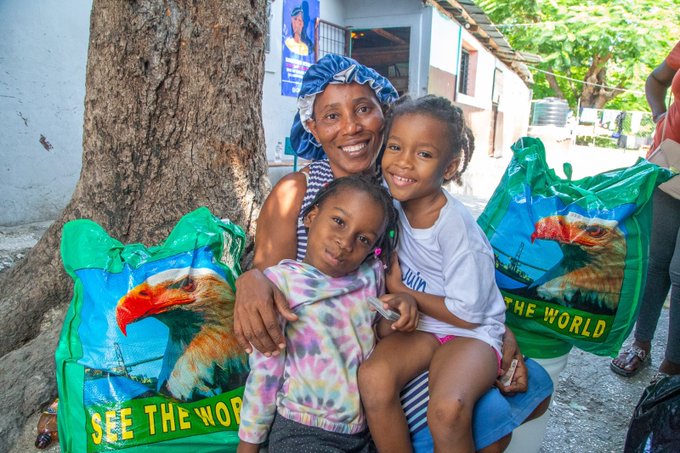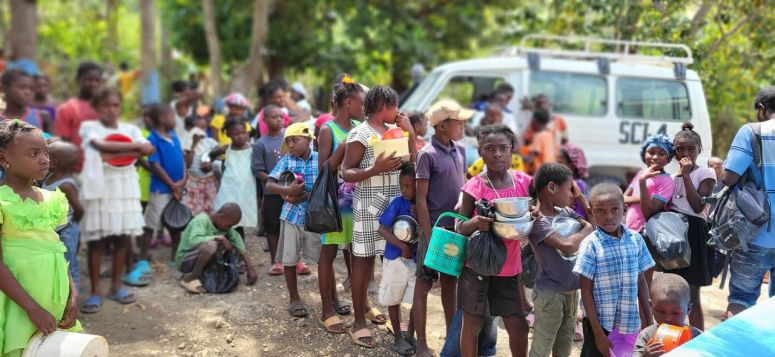History and Healing in Haiti: How WCK is Serving Families Displaced By Violence
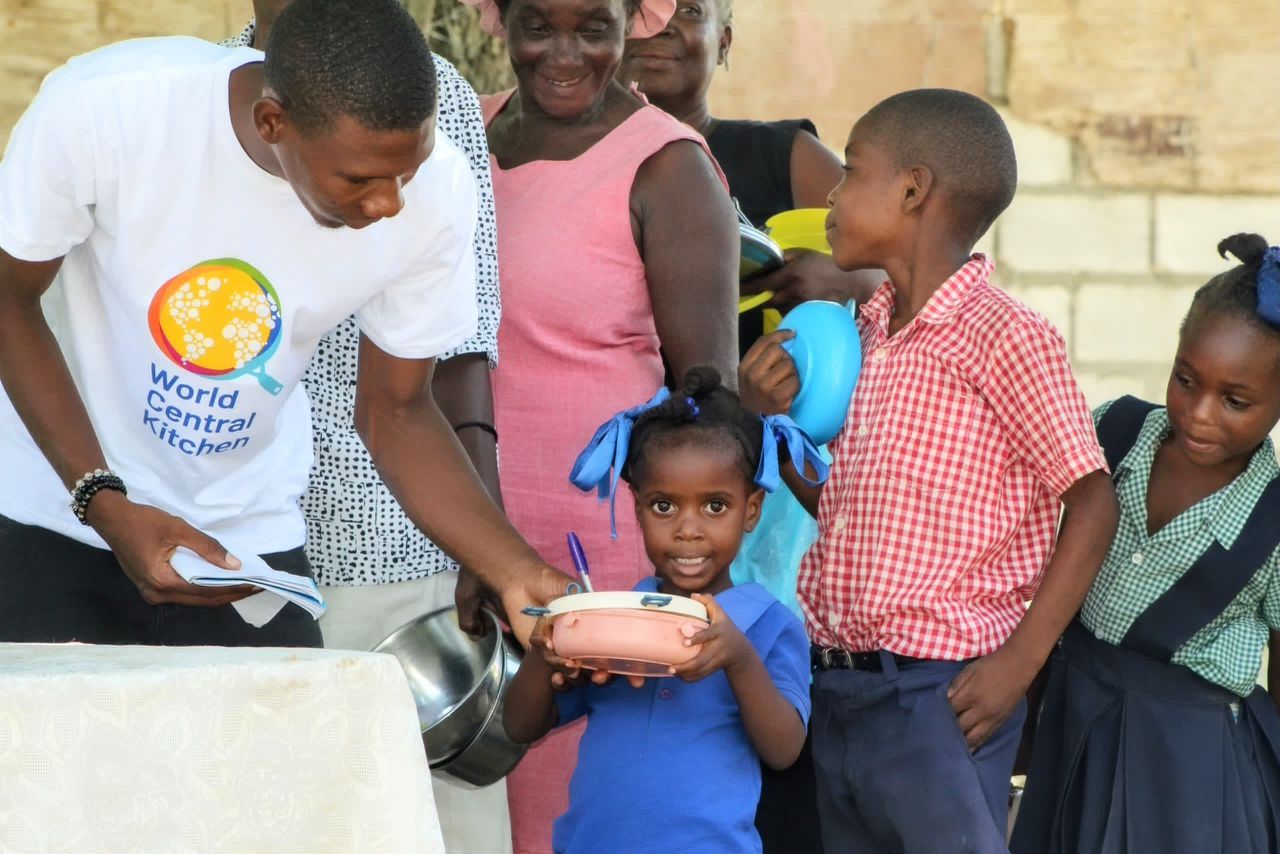
In 2010, José Andrés traveled to Haiti to learn how chefs could support communities impacted by disaster. After a magnitude 7.0 earthquake devastated the communities around Port-au-Prince— leaving thousands dead, injured, and displaced—he spent time listening to impacted families and cooking for people in need.
“I was cooking these amazing beans…and I made a bean stew like this young Spanish boy will make in Spain. I was in one of the camps of people living in tents after they lost their home,” he remembers. “That day, they came to me with the help of a translator. They were saying, ‘We don’t want to hurt your feelings, but, Chef, we don’t eat beans like this here in Haiti.’ [I thought] ‘Oh my god. I’m a star Michelin chef, cook, author, TV personality, and they don’t like my beans.’”
This experience inspired him to create World Central Kitchen, with the mission of feeding families in disasters across the world. It also shaped our core philosophy– to serve local food made with local ingredients by local chefs.
“I learned that we must listen, especially when we’re trying to help the people of the world. We cannot impose what we think they should do. We need to listen to what they need from us,” said José Andrés about his time in Haiti in 2010.
Since then, we’ve maintained a close relationship with communities across Haiti. Our teams have worked shoulder to shoulder with locals to serve meals following hurricanes, social unrest, the Covid-19 pandemic, and earthquakes. So when violence erupted earlier this year, displacing over one million Haitians, we immediately began working with longtime partners to provide relief.
WCK and Hôpital Albert Schweitzer (HAS) have been serving meals to thousands of displaced families. Since beginning operations in May, we’ve served more than 530,000 meals, scaling up to nearly 20,000 daily. For many of our recipient families, these are the only meals they have access to.
We always prioritize sourcing ingredients from local farms. This ensures a sense of home for recipients and support for the Haitian economy. Our 17 Community Kitchens, led by a team of local women, are serving beloved traditional meals to families in displacement camps and beyond. Every day, teams at these kitchens cook dishes like lalo (seen above) and legume stew to provide a sense of home and comfort for families. Another local favorite is Artibonite rice with cornmeal, bulgur wheat, and millet, cooked with beans and meat.
We’ve partnered with a 100% local, majority woman-led team of chefs to prepare these dishes. Many of them are already food vendors in their daily lives, allowing them to cook their dishes they love for their neighbors, while still maintaining a source of income. “Women are supporting our community awareness efforts, and playing an important role as vendors and suppliers for our ingredients,” says Jessica Laguerre, the COO of HAS. “In Haiti, we have a proverb that goes ‘fanm se poto mitan,’ which translates to ‘Women are the pillars of our society.’”
Hear from Doublette, who works at Les Forge Community Kitchen:
Many of our cooks have worked alongside WCK during past responses. Virginie, for example supported her community during our response in 2024, and has been leading our team at one of the hospitals in Haiti to ensure that patients can receive delicious meals. She has worked in hospitality for many years, and is using her expertise to support neighbors in need.
“We often say communities are our superpower. This is a perfect example. By supporting 17 Community Kitchens in the area, we are able to provide tens of thousands of meals a day to people displaced by the violence,” said WCK Response Director John Torpey.
Support our efforts in Haiti



